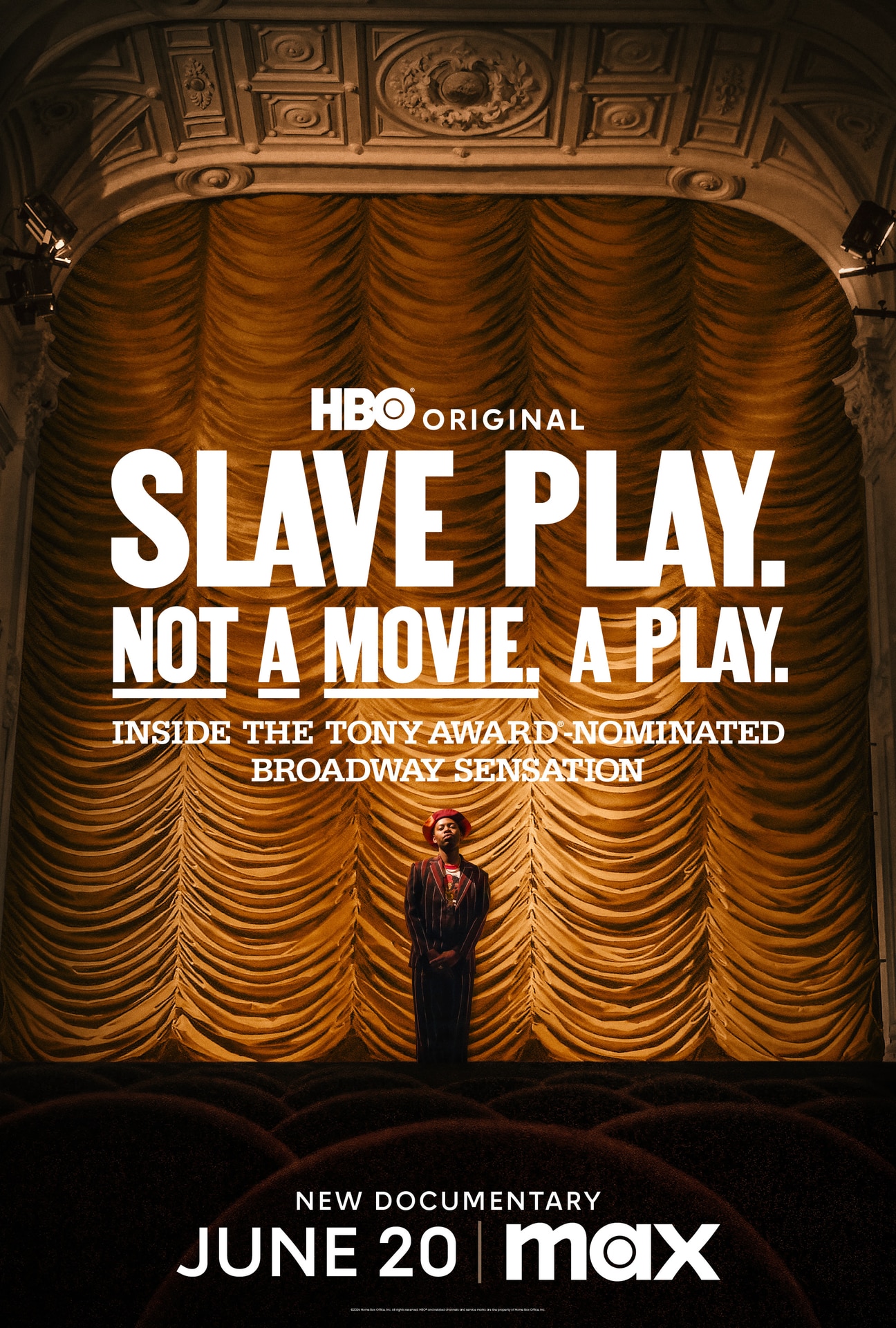
- Director
- Jeremy O. Harris
- Rating
- TV-MA (United States)
- Running Time
- 79 minutes
- Release Date
- June 20th, 2024 (Max)
Overall Score
Rating Summary
This will be one of several reviews from this year’s Tribeca film Festival. To follow our coverage, click here.
In October 2019, Jeremy. O. Harris’ Slave Play debuted on Broadway. It took the media and specialized critics by storm, so much so that it attracted a bevy of television commentators stating that the play was a piece of garbage. However, that polarizing reception was not enough to stop its success as the play went on to receive twelve nominations at the 2020 Tony Awards – a record – for a non-musical.
Slave Play. Not a Movie. A Play comes to continue the Broadway show’s legacy. This documentary sees Harris expand on his work as he takes over a workshop with diverse actors to rehearse the play in front of cameras. It is almost a process of rehearsals before the play’s debut, but in this case, Harris uses the possibility of film to explore his canon. Notably, during Act One – how sharp and provocative the playwright’s book is. He uses the setup of the MacGregor plantation in Virginia to shift the collective building surrounding that time. Approaching sex, power roles, work, and modern relations, he criticizes almost four hundred years of history by using comedy to enhance the absurdity of it all. In further acts, he uses the pretext of modernity to create an ambiance of hypocrisy in today’s workspaces.
Harris sees the documentary as a child views a new toy, a novelty that allows him to get to the maximum stretch with his work. The meta usage of the editing process within the editing process as an infinite window or cutting a film inside a theater building are some of the creative barriers he’s trying to overcome. Even in the intermission, when he interviews the original Yale casting, they ask him: Do you know what this film is about? He answers no. He is just exploring the format. At one point, Harris says to his editor – a film remake is not that interesting after being done in a row. However, a Shakespeare play from five hundred years ago remains fresh because of each artist’s interpretation. He combines both those elements here in a form to transform his freshness again for him.
In the end of its eighty minutes, Slave Play. Not a Movie. A Play exercises a great artist testing the limits of their artistry.
still courtesy of Warner Bros. Pictures Discovery
If you liked this, please read our other reviews here and don’t forget to follow us on Twitter or Instagram or like us on Facebook.
Brazilian film writer. He is also a producer and executive producer for Zariah Filmes. Member of the International Film Society Critics Association (IFSCA), International Documentary Association (IDA), and Gotham and Media Film Institute.
Discover more from
Subscribe to get the latest posts sent to your email.
